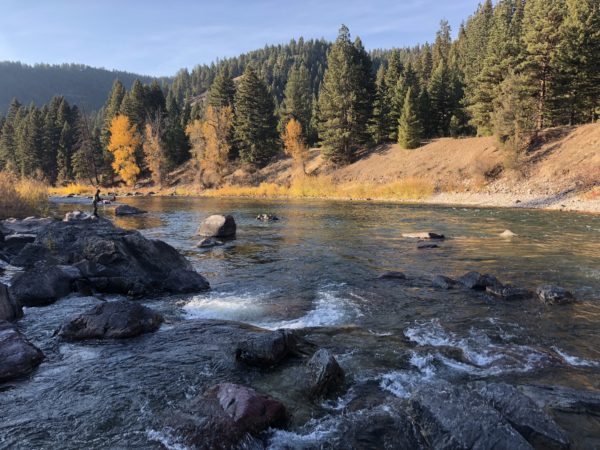In today’s hyper-connected world, constant notifications can pull us away from real-life moments. A digital detox on the river offers the perfect escape—from both the digital noise and the everyday hustle—to truly reconnect with nature and loved ones.
The Need for a Digital Detox
We all know the distraction of an incoming text message during an important conversation. Whether in class, at the movies, or even during a quiet moment at dinner, that familiar “ding” can interrupt our focus and meaningful interactions. When someone breaks eye contact to check their phone, it can feel like their priorities are elsewhere. This modern distraction compromises genuine human connection and distracts us from our responsibilities, creative pursuits, and even our daydreams.
Even as I write this on my laptop while staying connected on a device that glows with fresh notifications, I recognize that technology is a double-edged sword. While it enriches our lives with convenience and connection, we must decide how much it intrudes into our most important moments.
The Healing Power of River Environments
Imagine a river trip where the only signals you receive come from nature itself. People flock to the river to feel the raw power of natural forces, to share meaningful moments with family and friends, and to infuse a little adventure into their lives.
While technology can help with safety and logistics, it should never distract from the true beauty of a river corridor.
Ask yourself:
- How can anything on a screen compare to the beauty of a wild river?
- Can you really savor the feel of water on your skin or the warmth of the sun while checking your phone?
When you’re surrounded by nature, put your phone aside. Look up, listen to the natural sounds, and feel every moment. By focusing on what’s real, you let go of digital distractions and immerse yourself in the present.
Embracing Mindfulness on the River
On the river, distractions fade into the background. The roar of whitewater, the laughter of friends, and the guidance of an expert crew create a unique space where mindfulness naturally thrives.
The familiar pull of social media or constant texting simply can’t compete with the immediate beauty and energy of nature.
Benefits of a digital detox on the river include:
- Enhanced Connection: Build stronger bonds with friends and family by focusing solely on shared experiences.
- Increased Mindfulness: Immerse yourself fully in the present, absorbing nature’s sights, sounds, and sensations.
- Stress Reduction: Step away from the constant noise of digital devices and enjoy a peaceful, natural setting.
Ready for Your Digital Detox?
If you’re craving a true disconnection from digital life, join us this spring on the Lochsa River. With no cell service and no neon distractions—just wilderness and whitewater—this is your chance to experience a transformative digital detox on the river.
Discover Whitewater Rafting – Lochsa!
Follow the journey of our expert guides on an exhilarating day on the river. Book Whitewater Rafting – Lochsa Trips →
Related Posts:
6 Reasons To Go Lochsa River Rafting
Your Guide to River Etiquette: Do’s and Don’ts for Every Boater

